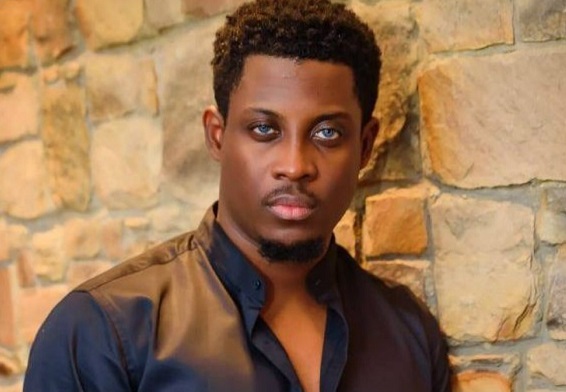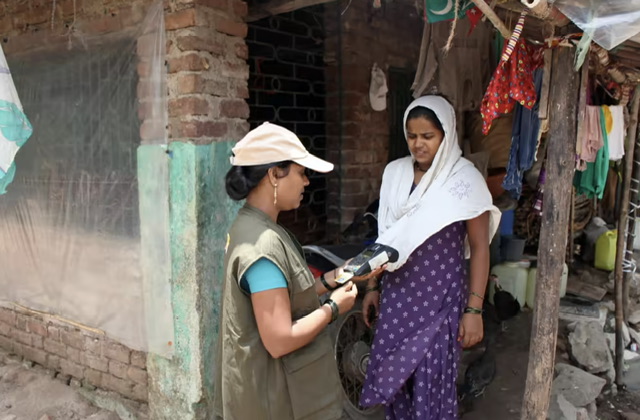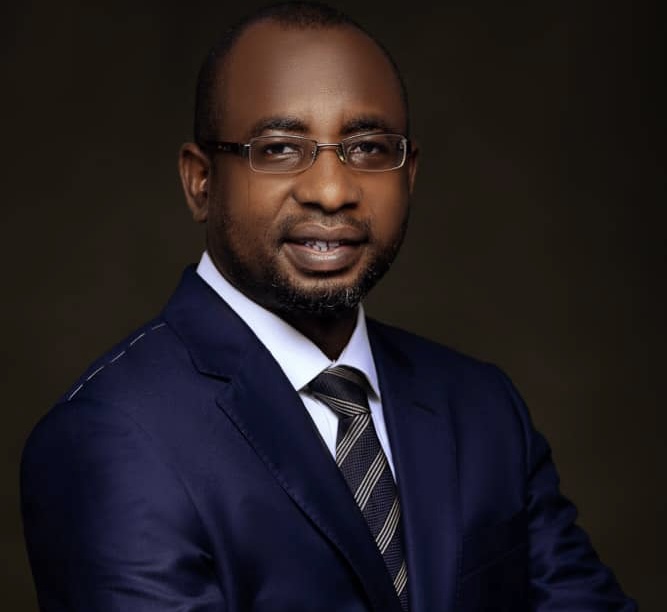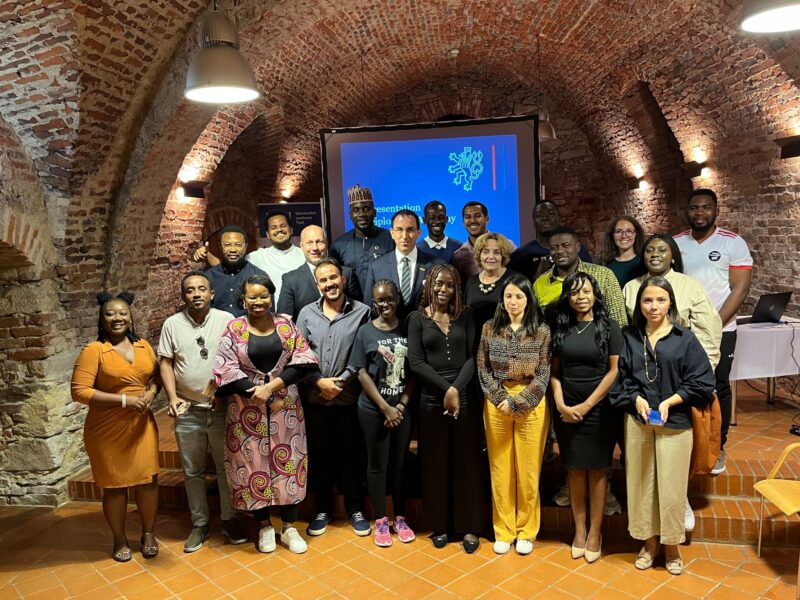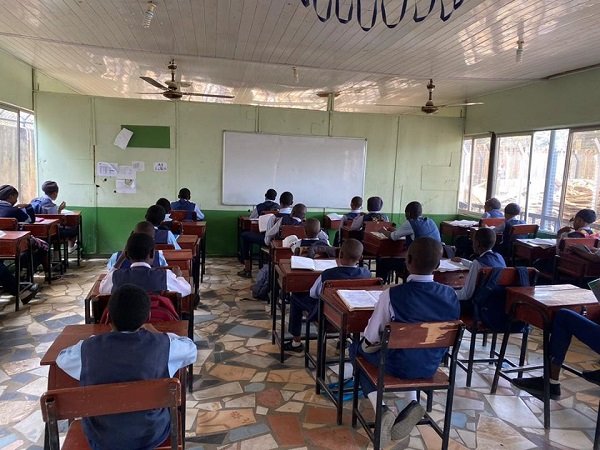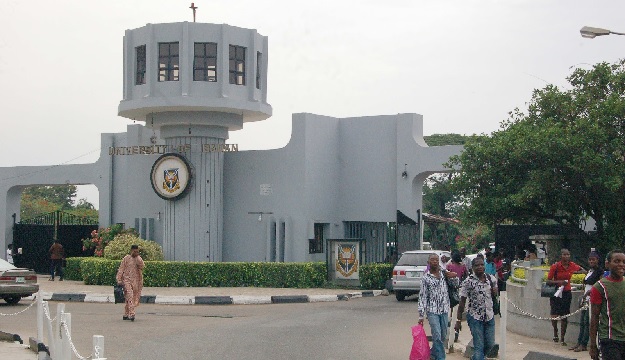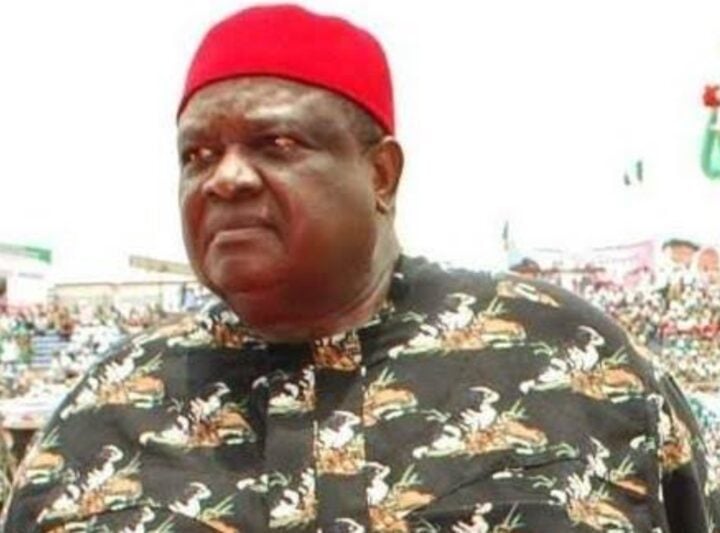BBNaija: ‘I’m ashamed’ — Seyi apologises over ‘misogynistic’ comment
BY DEVAAN HANMATION-MOM
In a society increasingly defined by the discourse surrounding gender equality or lack thereof, the question of misogyny becomes pertinent. The emphasis here is on value: Does the Nigerian society demonstrate respect for the dignity, capabilities, and rights of its girl children in equal measure to its boys?
This article explores this question in light of a recent incident involving Seyi Awolowo, a contestant on the popular reality TV show, Big Brother Naija (BBN), and the resounding silence from various institutions who should have the interest of the Nigerian girl child front and centre. Apart from a handful of media houses and the Lagos State Domestic and Sexual Violence Agency, the matter appears to have been swept under the carpet with life going back to normal.
Seyi Awolowo, a contestant on BBN, made a shocking statement on national television. Seyi publicly expressed his intention to raise his future sons to “run trains” on young ladies.
Advertisement
He bragged about establishing slush funds for such activities and said he would provide his sons access to luxury cars and a guest house to facilitate their capacity to debase young girls. The language and intent were not just crass, they were a direct affront to the dignity and safety of women and girls in Nigeria.
For the naïve, “run a train” is slang for multiple men engaging in sexual intercourse with a single woman one after the other, typically without her informed consent. It often implies a situation where the woman is being exploited or demeaned and may involve coercion, manipulation, or outright sexual assault. The term is highly disrespectful and objectifies women, reducing them to mere vehicles for male sexual gratification rather than respecting them as autonomous individuals with their own desires, rights, and agency.
Given its implications, the use of the phrase in any public or private forum should be considered inappropriate and unacceptable. It promotes a harmful attitude towards women and should be treated seriously by all stakeholders in society, including institutions that are meant to uphold justice, equality, and dignity for all.
Advertisement
It is particularly frightening to hear such misogyny uttered by one who should ordinarily be considered a scion of society and a role model to his peers by virtue of the background he comes from.
Seyi, himself a married man, is the great-grandson of Obafemi Awolowo. Seyi’s great-grandfather was a nationalist, political leader, and statesman who played a significant role in Nigeria’s struggle for independence from British colonial rule. He is one of the founding fathers of modern Nigeria and a key figure in shaping the country’s post-independence trajectory.
Awolowo was the leader of the Action Group party and later, the Unity Party of Nigeria. He was the first premier of the Western Region, one of Nigeria’s three regions before the states were created. As premier, he implemented various social and educational policies that had a transformative impact on the region. He introduced free primary education and healthcare services, thereby significantly boosting literacy and public health. He also made significant investments in infrastructure and the economy.
Fondly referred to as “Awo”, he was a social democrat who emphasised the importance of using the resources of the state for the welfare of the people. He is remembered as a visionary leader and a tireless advocate for social justice and human development.
Advertisement
Given Awolowo’s legacy, any actions or statements made by individuals closely related to him, such as his great-grandson Seyi Awolowo, are bound to attract considerable attention and scrutiny, particularly if they contradict the values and principles for which the great Obafemi Awolowo stood.
This situation begs the following questions: Are Seyi’s inappropriate comments being overlooked due to his family’s prominence? Should the opposite not be the case? Or is this how Nigerian men truly feel about their daughters, sisters, mothers, aunts and wives?
The silent complicity of institutions
Big Brother Naija, which projects the mien of a show with a low tolerance for violence, has allowed Seyi Awolowo to remain in the house. By failing to take immediate action, BBN implicitly endorsed a message antithetical to gender equality and respect for women. Their inaction seems to scream that women and girls are expendable, undeserving of the same dignity and protection that male contestants might enjoy.
Advertisement
Certainly, some nominal attention was given to addressing the issue. When questioned about his comments, Seyi responded with a smile, claiming that he had no memory of the incident and suggesting that he must have been intoxicated at the time. However, as the saying goes, “drunk words are sober thoughts”. Seyi might have been under the influence but his comments simply revealed thoughts he harbors even when sober. In this case, alcohol merely lowered his inhibitions enough to express them.
BBN squandered an excellent chance to redeem its image. The show is widely criticised for promoting licentious behaviour and questionable ethics. Taking immediate action against Seyi when he made those comments would have sent a powerful message about the programme’s position on such sensitive issues. Instead, Seyi was allowed to continue his derogatory remarks for several minutes, while the male housemates he was addressing shamelessly giggled in response.
Advertisement
Federal ministry of women’s affairs
For an institution whose mandate should inherently cover the protection and elevation of women’s status in Nigeria, their silence was both conspicuous and damning.
Advertisement
A public rebuke or, at the very least, a statement denouncing Seyi’s actions would have sent a strong message that the government is committed to protecting its female citizens.
FIDA and other women’s rights organisations
Advertisement
Non-governmental organisations, often the torchbearers for social justice, were surprisingly mute. The lack of denouncement from the Federation of Women Lawyers (FIDA) and other women’s rights organisations inadvertently normalises the sentiments expressed by Seyi. Their silence suggests either an appalling apathy or a treacherous acquiescence to such dangerous views.
Religious and traditional institutions
Religious leaders, often quick to condemn ‘immoral behaviour,’ have remained eerily quiet. Traditional rulers, custodians of cultural heritage and morals, also failed to speak out. Their silence effectively communicates that offences against women are less worthy of their attention, thereby perpetuating harmful gender roles and disparities.
The message to the public
The lack of institutional accountability sends a chilling message to women and young girls that their well-being is secondary. It also emboldens young men with the dangerous idea that there are no repercussions for such demeaning actions, especially when they come from an individual bearing a name as influential as Awolowo.
Recall that the current Big Brother Naija All-Stars edition comes with a cash prize of N120 million, the highest-ever prize in the show’s history. The amount will be further accompanied by a brand-new car, a vacation for two, and the possibility of mega-endorsement opportunities from reputable brands. The reason for this package is that this is a special edition, which features fan favourites from previous seasons.
Given Seyi’s controversial and damaging remarks, awarding him such a prestigious prize would not only be a missed opportunity for BBNaija to take a stand against harmful attitudes towards women but also an unfortunate endorsement of Seyi’s views, thereby setting a harmful precedent for what is deemed acceptable behaviour.
This incident serves as a timely and unfortunate reminder that gender inequality remains deeply ingrained in various sectors of our society. From entertainment platforms like BBN to governmental bodies and NGOs, the failure to hold Seyi Awolowo accountable is an indictment on all of us.
Each silent institution becomes a co-conspirator in the ongoing marginalisation and endangerment of women and girls in Nigeria. Until these institutions take a stand, the question: “Does Nigeria really value the girl child?” will continue to haunt us with an answer we might not want to hear.
That said, Seyi Awolowo should not be rewarded for hating women.
Hanmation-Mom is an accredited management trainer, journalist, development sector expert and social justice crusader
Views expressed by contributors are strictly personal and not of TheCable.
Add a comment
